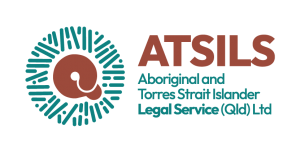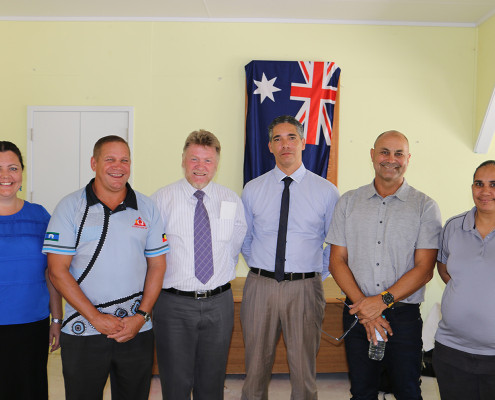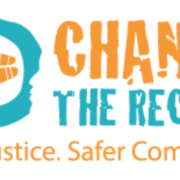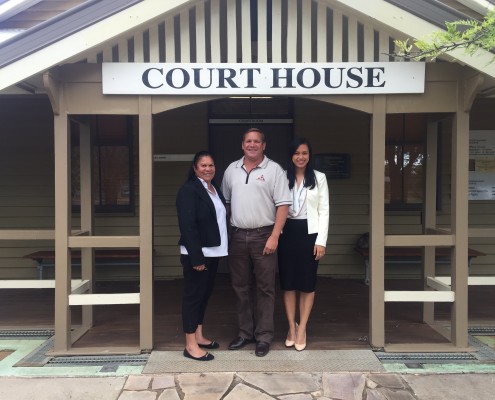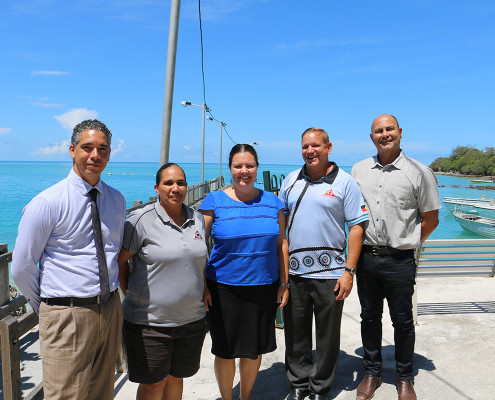 Recently our CEO and Communications team journeyed with our Thursday Island staff on their Outer Islands Magistrate Court Circuit throughout the Torres Strait.
Recently our CEO and Communications team journeyed with our Thursday Island staff on their Outer Islands Magistrate Court Circuit throughout the Torres Strait.
In one of the State’s most remote regions ATSILS is the primary legal assistance provider and we are committed to ensuring the diverse communities across the Torres Strait and Northern Peninsula Area have access to professional legal assistance and representation.
It was great to see the local team in action and spend time with communities on the Islands of Warraber, Boigu, Mabuiag, Saibai and Badu and get insight into the justice issues they face so we can continue to tune our services to respond to local need.
Our team operate from our regional office on Thursday Island and they are an exemplar of ATSILS innovative brand of service delivery, they are highly engaged with community and display a tireless commitment to people they represent under challenging conditions. They have established a respectful and collegiate working relationship with the Magistrate, Justice Groups, Police Prosecution, Community Police and other officers of the court and work as an effective team to enhance access to justice for some of Queensland’s most remote populations.
